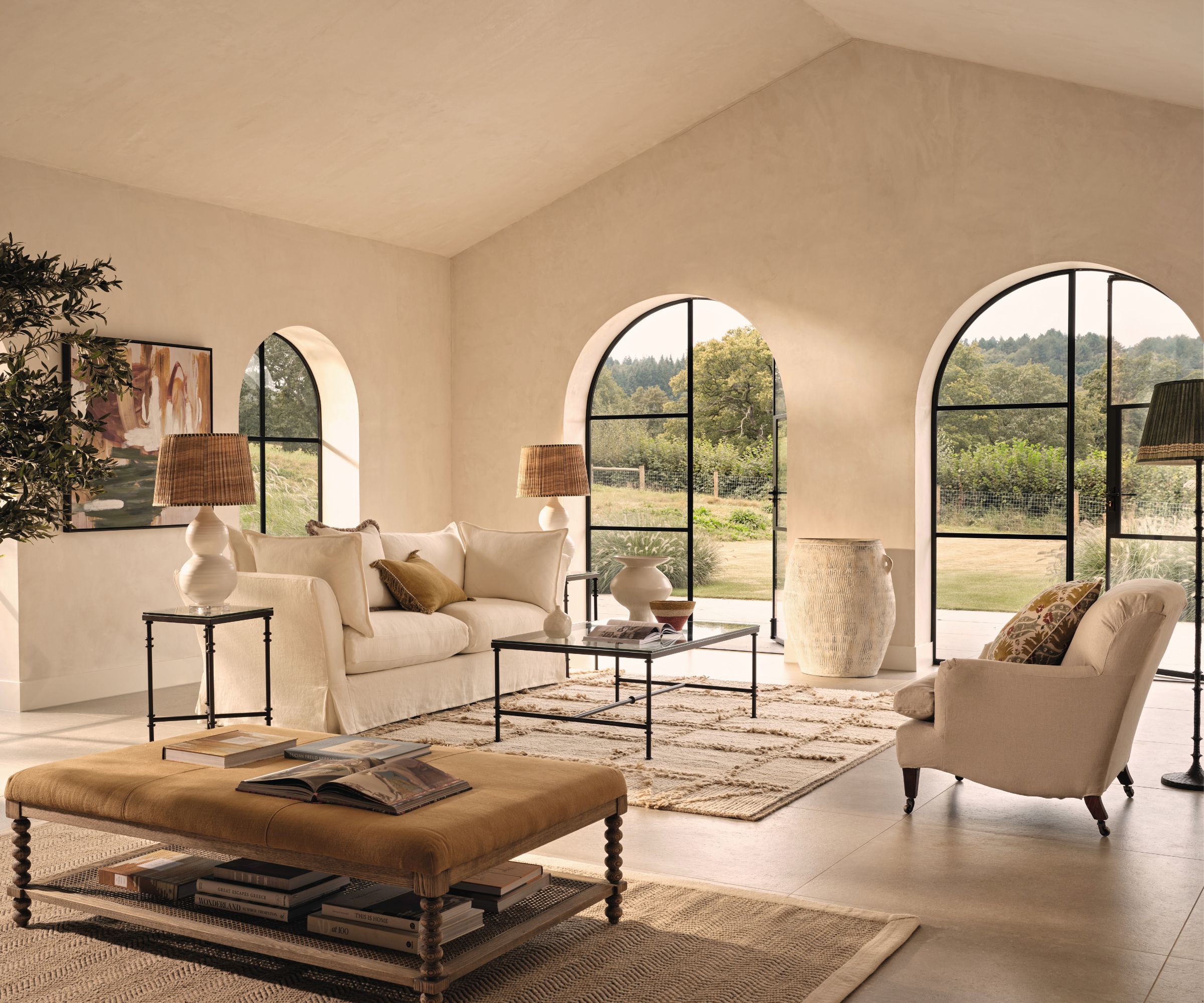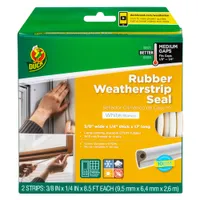What are energy-efficient windows? Experts explain how they can slash your energy bills
Our experts explain what energy-efficient windows are and how they can help you make significant savings in the long run


Energy efficiency is an important aspect to consider when it comes to home improvements. With rising energy costs and environmental concerns, finding ways to lower your energy consumption has become a top priority for many homeowners.
A straightforward way to improve your home's energy efficiency – and significantly cut energy bills – is to install energy-efficient windows. These windows are designed to help keep your home cool in the summer and warm in the winter, reducing the need for excessive heating or air conditioning.
We asked energy experts to explain why now might be the perfect time to make the switch to energy-efficient windows in your own home.
What are energy-efficient windows and how can they cut energy bills?
A recent research study by the US Department of Energy reveals that 'heat gain and heat loss through windows are responsible for 25%–30% of residential heating and cooling energy use.' Put simply – switching to energy-efficient windows is an easy way to lower your energy bills fast.
What are energy-efficient windows?

'Energy-efficient windows are designed with technologies and features that enhance insulation, reduce air leakage, and block or reflect unwanted solar radiation,' explains David Miloshe, an electrician and home improvement expert at Fantastic Services. These are the features that contribute to improved energy efficiency:
1. Low-emissivity (low-e) glass
Low-emissivity (Low-E) coatings are thin, invisible layers applied to the glass surface. These coatings help control the amount of infrared and ultraviolet light that passes through the window, keeping heat inside during winter and outside during summer.
Low-E coatings contribute to maintaining a comfortable indoor temperature and reducing the need for excessive heating or cooling.
Design expertise in your inbox – from inspiring decorating ideas and beautiful celebrity homes to practical gardening advice and shopping round-ups.
'These windows can be particularly beneficial for areas with persistent hot temperatures outside or in rooms that receive the most sunlight to significantly reduce reliance on cooling systems,' advises Misrraim Cardenas, CEO at Portella..
If you are looking for a quick fix, UV heat control window treatments, such as this one from Walmart, can also provide some heat transfer control.
2. Framing materials
Energy-efficient windows are often designed with thermal breaks, a window frame technology that helps to reduce heat transfer.
'Window breaks are insulating materials between the interior and exterior window frames that help reduce the transfer of heat or cold through the frame, enhancing overall insulation,' explains David Miloshe. This ensures a more consistent indoor temperature, making cooling and heating more efficient.
3. Double or triple glazing
Energy-efficient windows often feature double or triple glazing, which involves multiple layers of glass that act as insulation. In addition, the space between the panes is often filled with an inert gas like argon or krypton. These gases have lower thermal conductivity than air, helping to reduce the heat transfer through the window.
4. Air leakage prevention
Energy-efficient windows are designed with tight seals and materials to minimize air leakage, which prevents drafts and helps maintain a consistent indoor temperature.
Proper sealing can reduce the amount of heat or cooling that needs to be generated.
Duck Brand Weatherstrip Seal | $5.98 from Amazon
Properly sealed windows prevent air leakage, which can contribute to heat loss or gain. Some energy-efficient windows come with advanced locking systems that create a tighter seal when closed, however, if your regular windows need better sealing, weatherstripping can be an affordable substitute.
How energy-efficient windows can reduce energy bills

'Energy-efficient windows minimize the heat transfer between the interior and exterior of a building to a greater extent than traditional windows,' explains David Miloshev. 'This helps to maintain a more consistent indoor temperature year-round, reducing the need for heating or cooling systems.'
In winter, they prevent cold air from entering your home and escaping through windows. This heat-retaining trick to keep a house warm will prevent you from having to set a higher temperature on a thermostat.
In summer, energy-efficient windows keep your home cool by preventing cool air escaping or hot air from entering your home through windows. This will reduce your reliance on air cooling systems.
Are energy efficient windows worth the price tag?

While energy-efficient windows may have a higher upfront cost compared to traditional windows, the long-term savings on energy bills make this a worthwhile investment.
With improved insulation, energy-efficient windows lessen the strain on heating, ventilation, and air conditioning (HVAC) systems. This can extend the lifespan of these systems and reduce maintenance costs.
In addition to saving you money, energy-efficient windows can also help lower greenhouse gas emissions and create a smaller carbon footprint.
So, to choose the right windows for your home, you should estimate the return on investment (ROI) of energy-efficient windows based on your potential energy savings.
When looking for energy-efficient windows, find those with high Energy Star ratings or certifications from reputable organizations to ensure optimal performance and savings.

Lola Houlton is a news writer for Homes & Gardens. She has been writing content for Future PLC for the past six years, in particular Homes & Gardens, Real Homes and GardeningEtc. She writes on a broad range of subjects, including practical household advice, recipe articles, and product reviews, working closely with experts in their fields to cover everything from heating to home organization through to house plants. Lola is a graduate, who completed her degree in Psychology at the University of Sussex. She has also spent some time working at the BBC.
